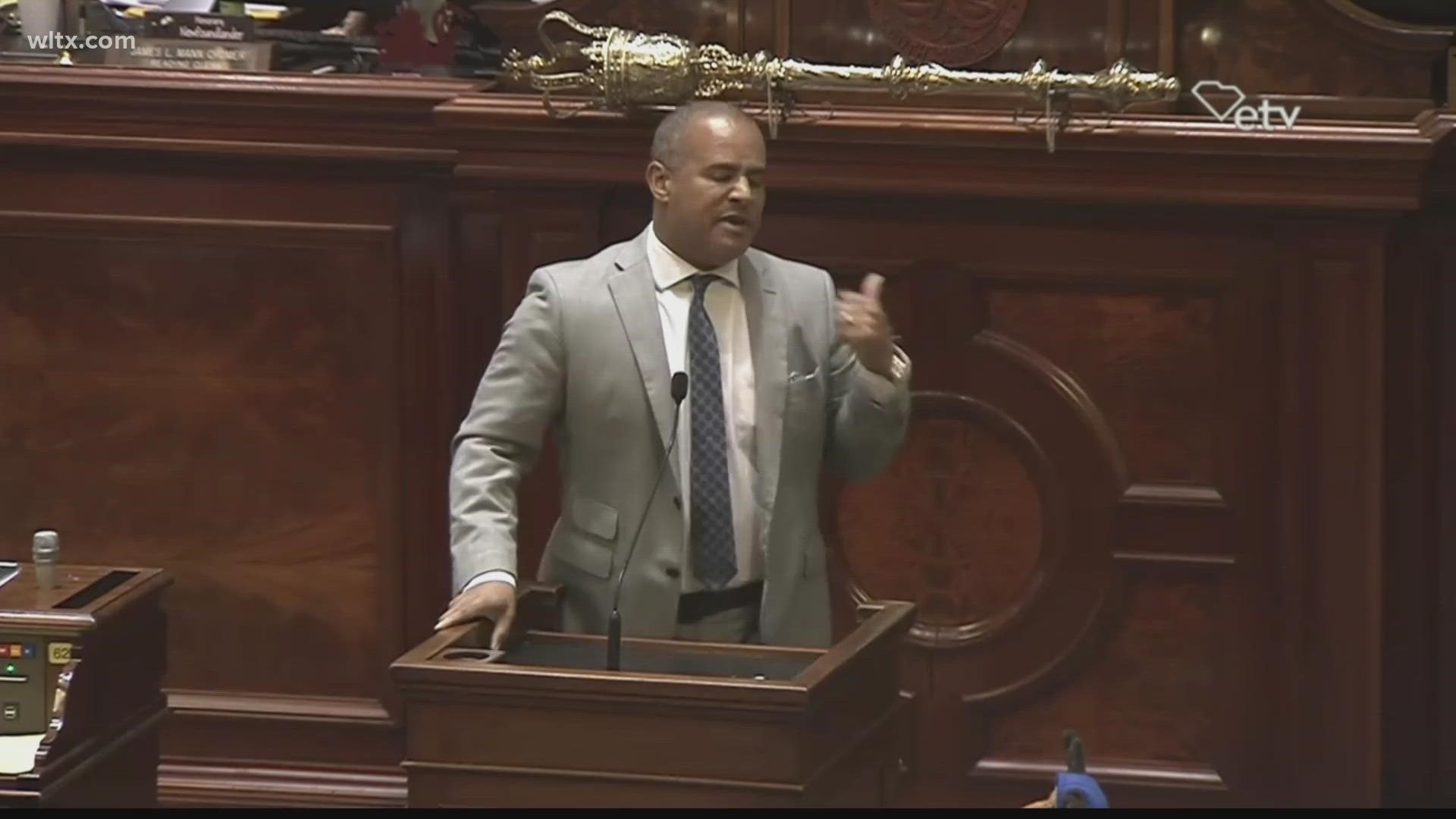COLUMBIA, S.C. — South Carolina's top health agency has released the latest details regarding a heartbreaking statistic in the state that highlights an increase in drug overdose deaths.
The South Carolina Department of Health and Environmental Control announced on Friday that the state, like much of the country, has seen an "alarming increase" in drug overdose deaths.
The data shows a 25% increase in drug overdose deaths from 1,734 in 2020 to 2,168 in 2021 - an increase of 430 people. DHEC reports that this compares to 573 drug overdose deaths reported in South Carolina overall roughly 10 years earlier in 2012.
Leading these deaths was fentanyl which accounted for 1,100 deaths in 2020 and 1,494 in 2021 - a 35% increase. The dangerous synthetic opioid now accounts for more than two-thirds of all drug overdose deaths in South Carolina, DHEC reports.
And, according to the director of the South Carolina Department of Alcohol and Other Drug Abuse Services (DAODAS), many people may not know they're being exposed to the drug until it's too late.
“Other drugs are being laced with fentanyl – without the user’s knowledge – which can cause a fatal overdose even in a small quantity,” Sara Goldsby said in a statement released on Friday.
Goldsby stressed this as a reason to have the overdose drug naloxone on hand for anyone who has the potential to come into contact with fentanyl - even if unintentionally.
The drug is capable of reversing drug overdoses from other drugs as well, including oxycodone, hydrocodone, heroin, and morphine, if administered in time, health officials said. Naloxone is available without a prescription and insurance companies and Medicaid may also cover the cost.
In the wake of the troubling rise of drug overdose deaths in South Carolina, state agencies are taking the opportunity to remind all residents that there are resources readily available to help them with addiction and the circumstances that can sometimes lead to drug abuse.
“Mental health and substance use disorders are at the forefront of public health concerns around the nation, and we at DHEC – along with our many essential partners – are committed to stopping this disturbing trend in drug overdose deaths by connecting people with the help they need and deserve,” DHEC Public Health Director Dr. Brannon Traxler said in Friday's statement.
Importantly, Traxler said that part of the duty of the medical community and the public is to show that there is no shame in getting help.
We all have a role to play in ending the stigma surrounding substance use disorders and being a conduit for those who need help but can’t or won’t take those first steps to reach out,” she added.
Among the resources available is the South Carolina Department of Mental Health's "SC Mobile Crisis" response program. The program can be reached at any time at 833-364-2274 or by email at mobilecrisis@scdmh.org.
The agency also has an online mental health screening which includes an anonymous questionnaire and allows someone to connect with a professional counselor.
Yet another resource is the Substance Abuse and Mental Health Services Administration's National Helpline which is free, confidential, and available for individuals and families in both English and Spanish at 1-800-662-HELP.

